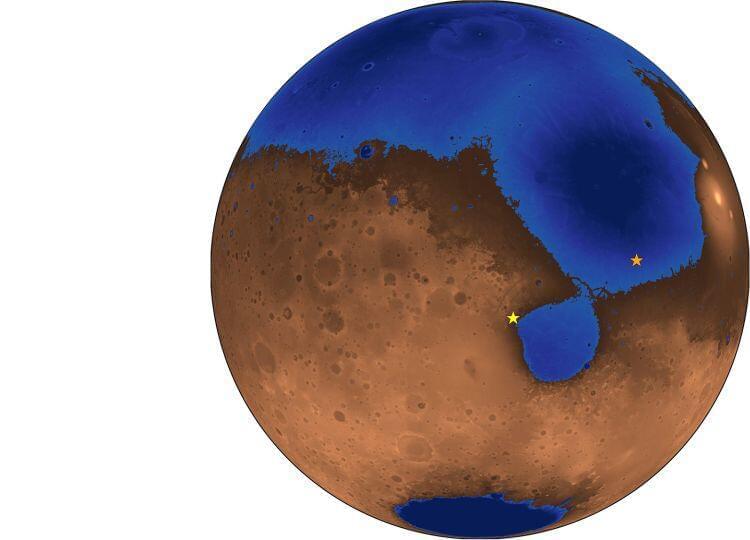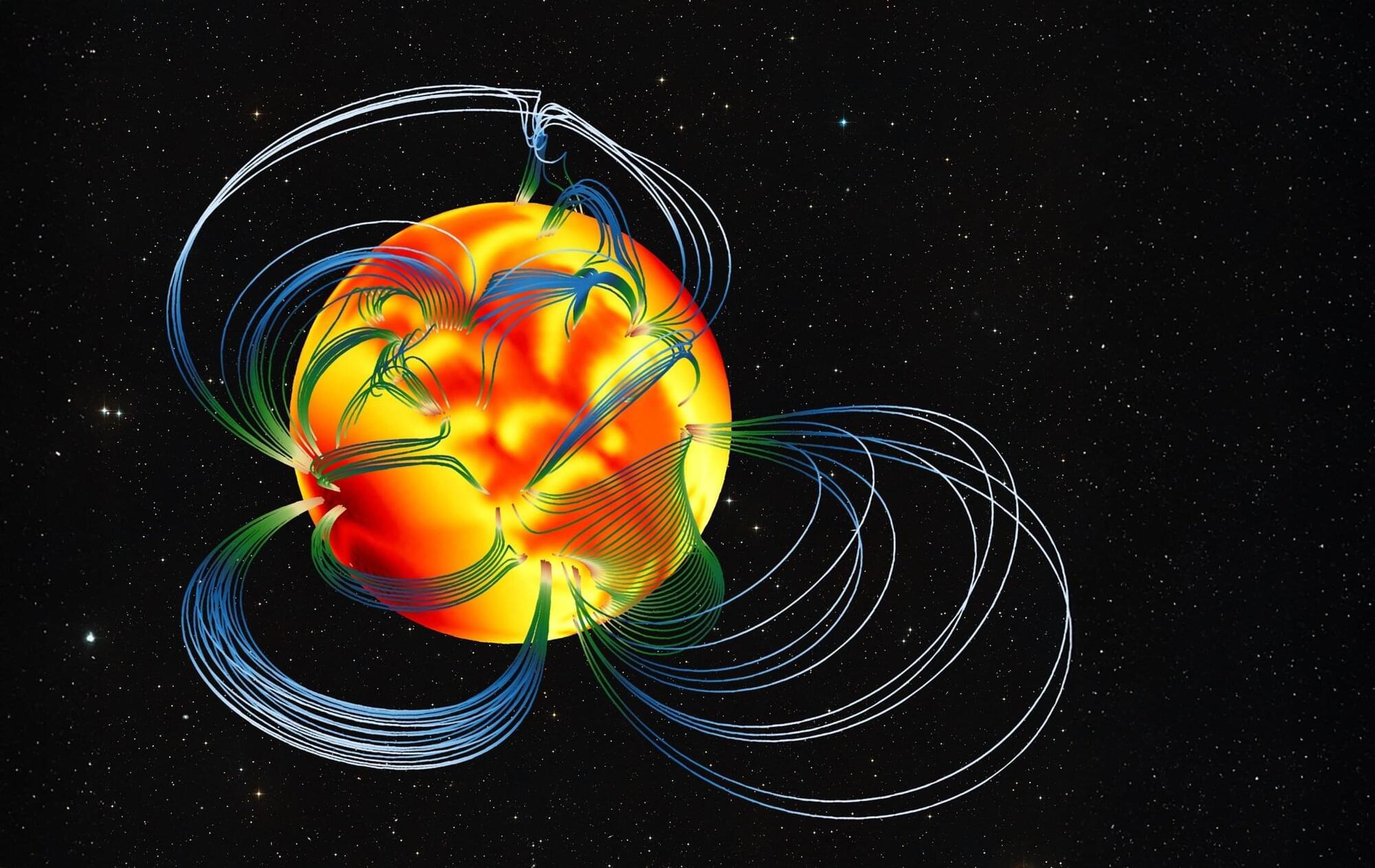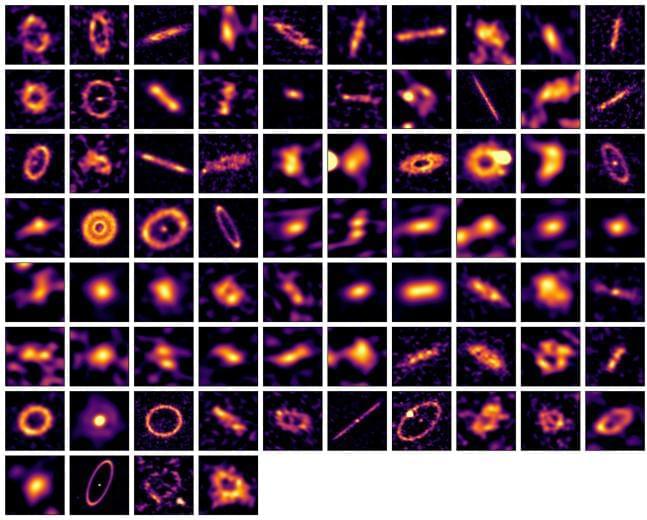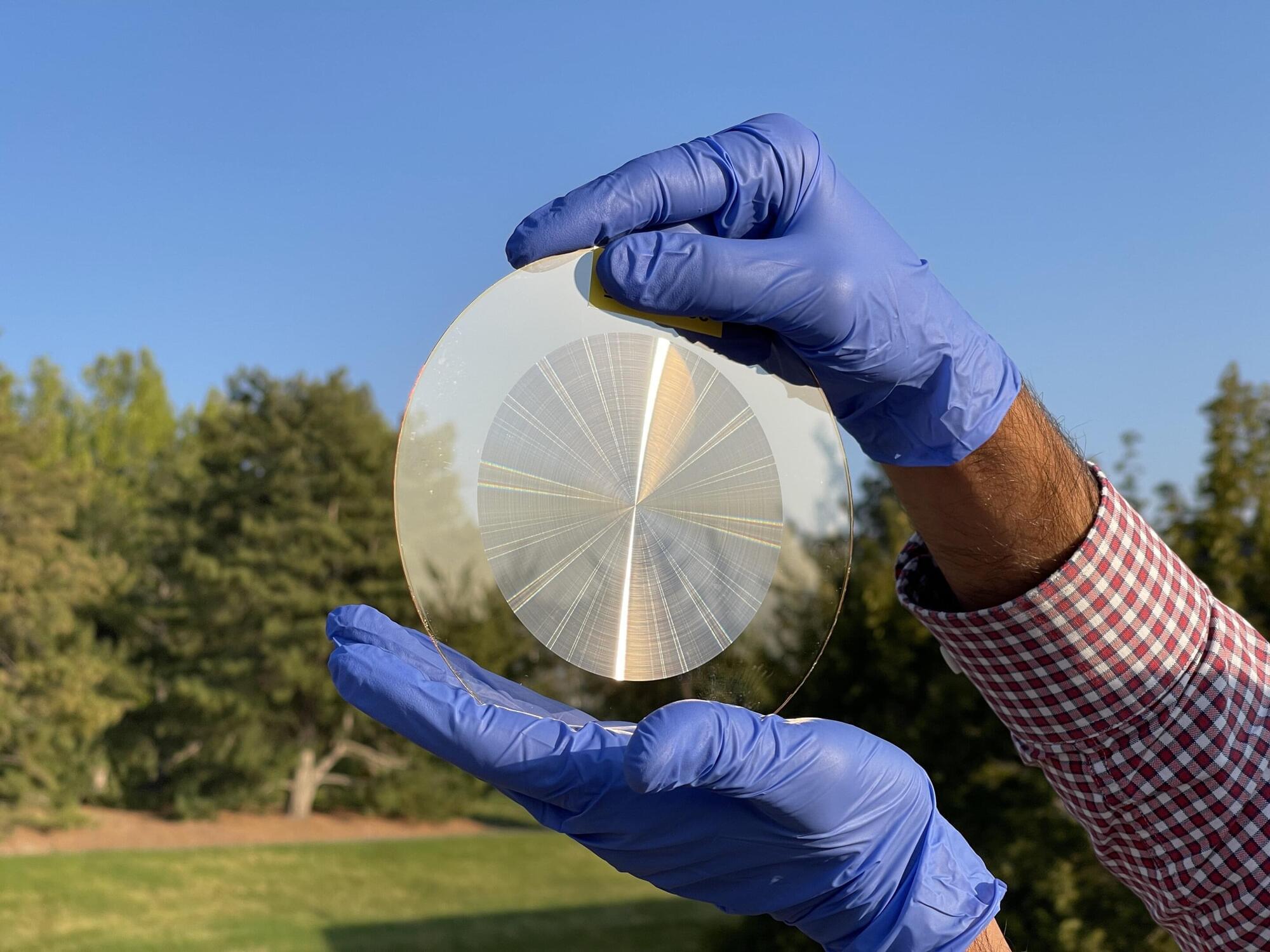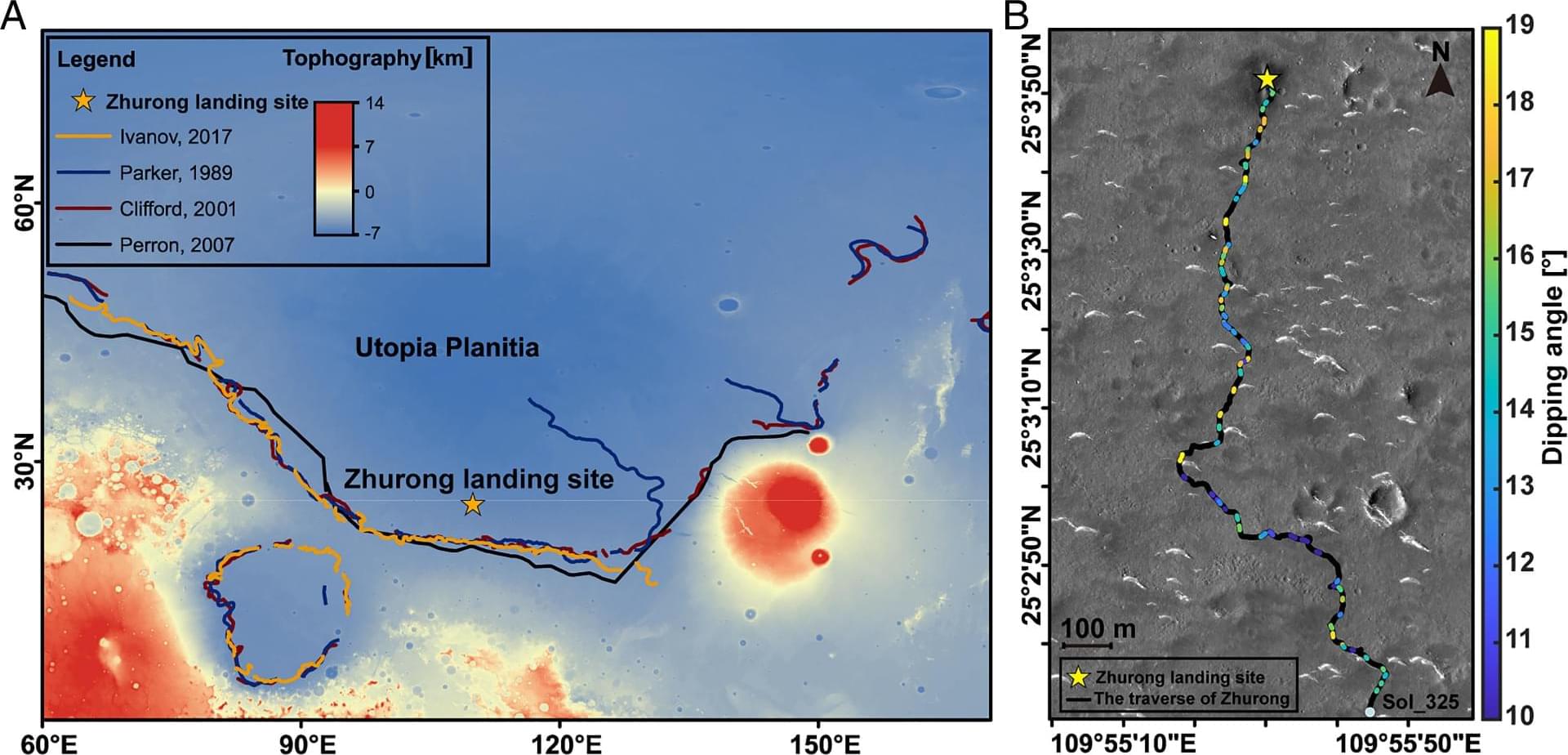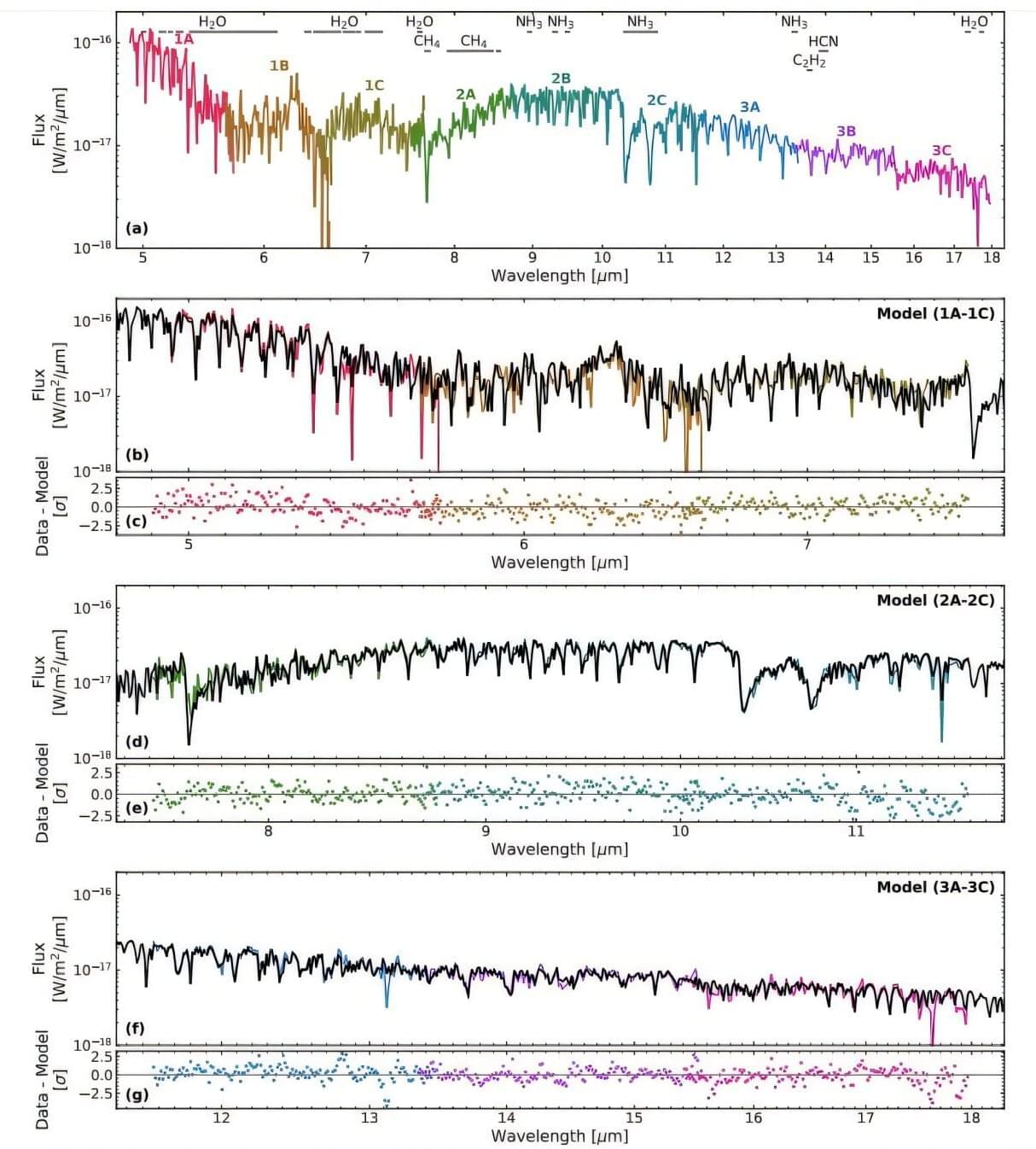Diamonds on Mercury!
Join aerospace engineer Mike DiVerde as he takes you on a fascinating journey exploring NASA’s groundbreaking MESSENGER mission to Mercury. Discover how this remarkable spacecraft mapped our solar system’s innermost planet and uncovered extraordinary findings, including evidence of a potential diamond layer deep within Mercury’s core. Learn about the sophisticated instruments that revealed Mercury’s mysterious surface features, unique geology, and core composition. This comprehensive exploration combines cutting-edge space technology with planetary science to unravel Mercury’s secrets, from its graphite-rich surface to its intriguing magma ocean past. Whether you’re a space enthusiast or simply curious about our cosmic neighborhood, this video offers an expert’s perspective on one of NASA’s most successful deep space missions.
